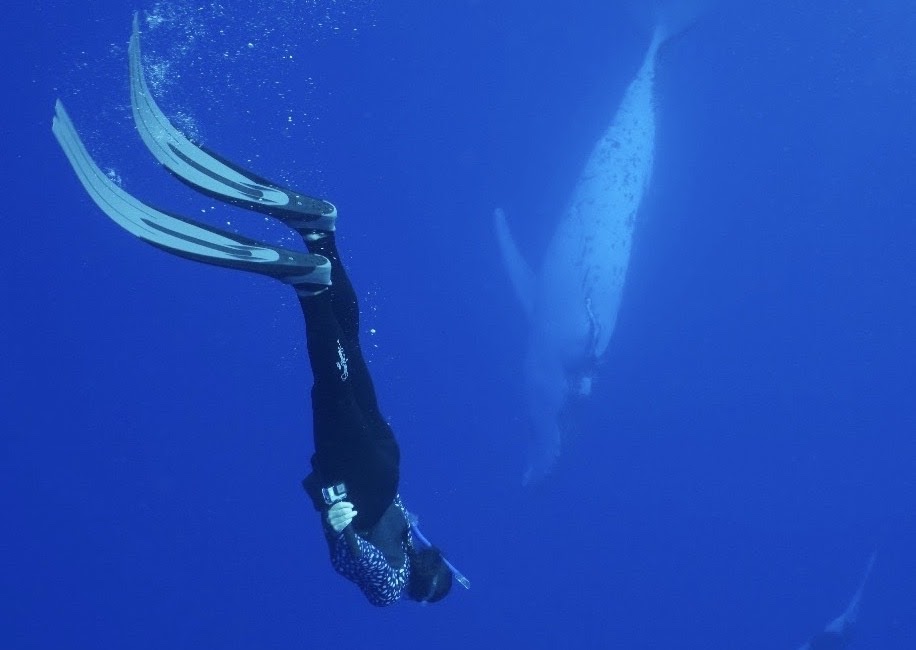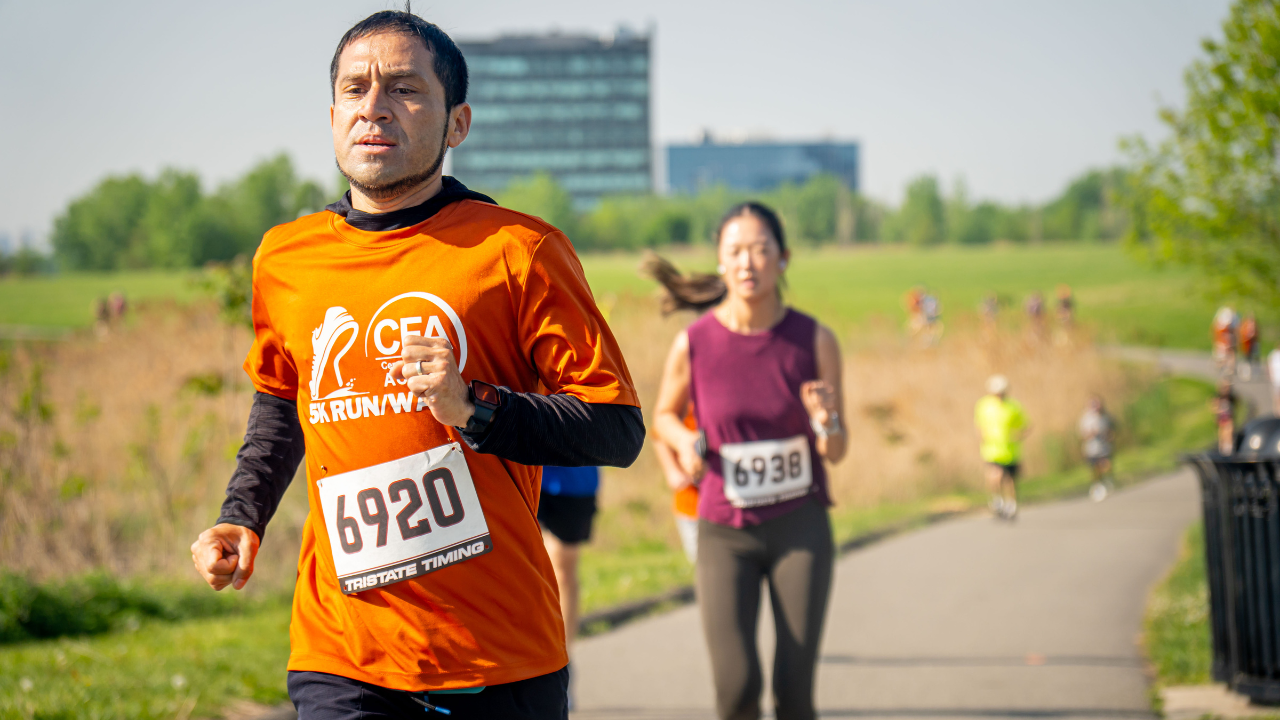A freediver explores abundant marine life. [Credit: Matthew Reichel]
(BRITISH COLUMBIA) — In a world where international travel is still mostly restricted, adventurers are finding other ways to rediscover their home countries. For locals in British Columbia, one of those ways is through cold-water diving.
British Columbia is considered one of the foremost cold-diving havens in the world. Divers here contend with challenging conditions—frigid water temperatures, rough currents, and tougher visibility. But those willing to learn the sport are rewarded with the opportunity to experience marine wildlife: curious seals, sea lions, and vast groups of sea anemones.
This is not to say that diving does not come without safety concerns specific to the coronavirus pandemic, especially where the cleanliness of shared rental gear is concerned. Diving is a breathing-dependent sport, so there is a correlation between COVID-19 symptoms and the ability to dive long-term afterward.
Broadly speaking, British Columbia has not stabilized with respect to reported cases of COVID-19. According to the BC Centre for Disease Control, the province reported 96 daily new cases on Sept. 23, an uptick from 46 at the beginning of August.
How can a diver cope if they’ve developed symptoms? According to local freediving instructor Roberta Cenedese of Oceanoid, “You should not dive until you are fully cleared by a doctor. Healthy lungs are mandatory in this sport.” Beyond this, to reduce the risk of transmission, instructors recommend that new and seasoned divers use their own gear, maintain six feet of distance at the surface, and keep their snorkel masks on while in the water.
PADI and DAN, global organizations committed to diver safety, have issued additional coping strategies. Doctors from DAN medical services addressed divers publicly earlier this year. Dr. Matias Nochetto, DAN’s director of medical services and programs, explained during the address that COVID-19 can cause long-term damage to the lungs and injuries can take months to stabilize. Even while lungs are in recovery, there is no definitive way of knowing when diving again is appropriate.
Cenedese has had to re-work her own courses, developing a COVID-19 safety plan that ensures participants avoid breathing in each other’s faces. Where shared gear is a necessity, only cleaners approved by WorkSafe BC can be used.
“Diving, especially freediving is a very popular sport here,” said Cenedese. For this trend to continue, the community will need to educate each other on best practices for moving the sport forward.


